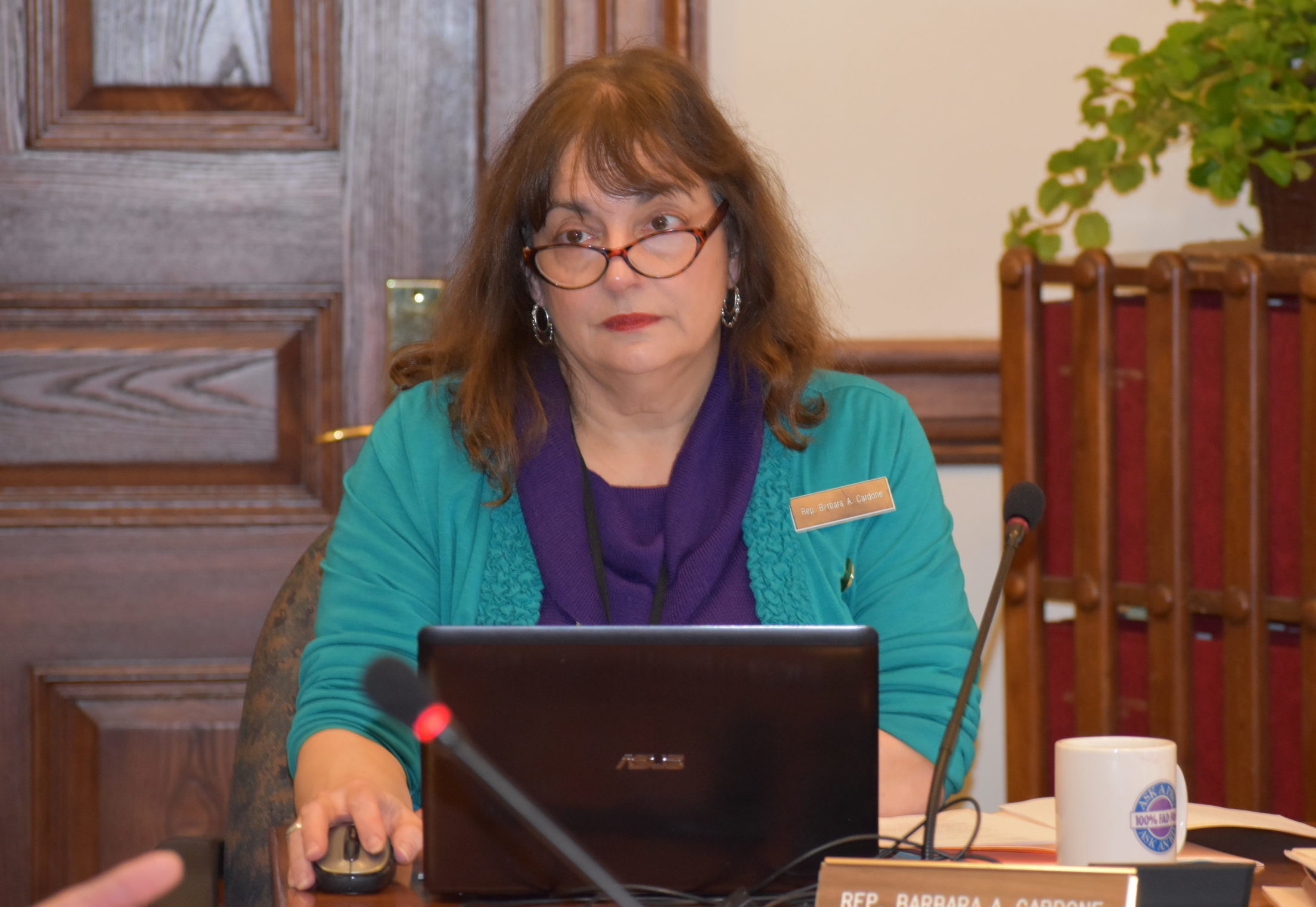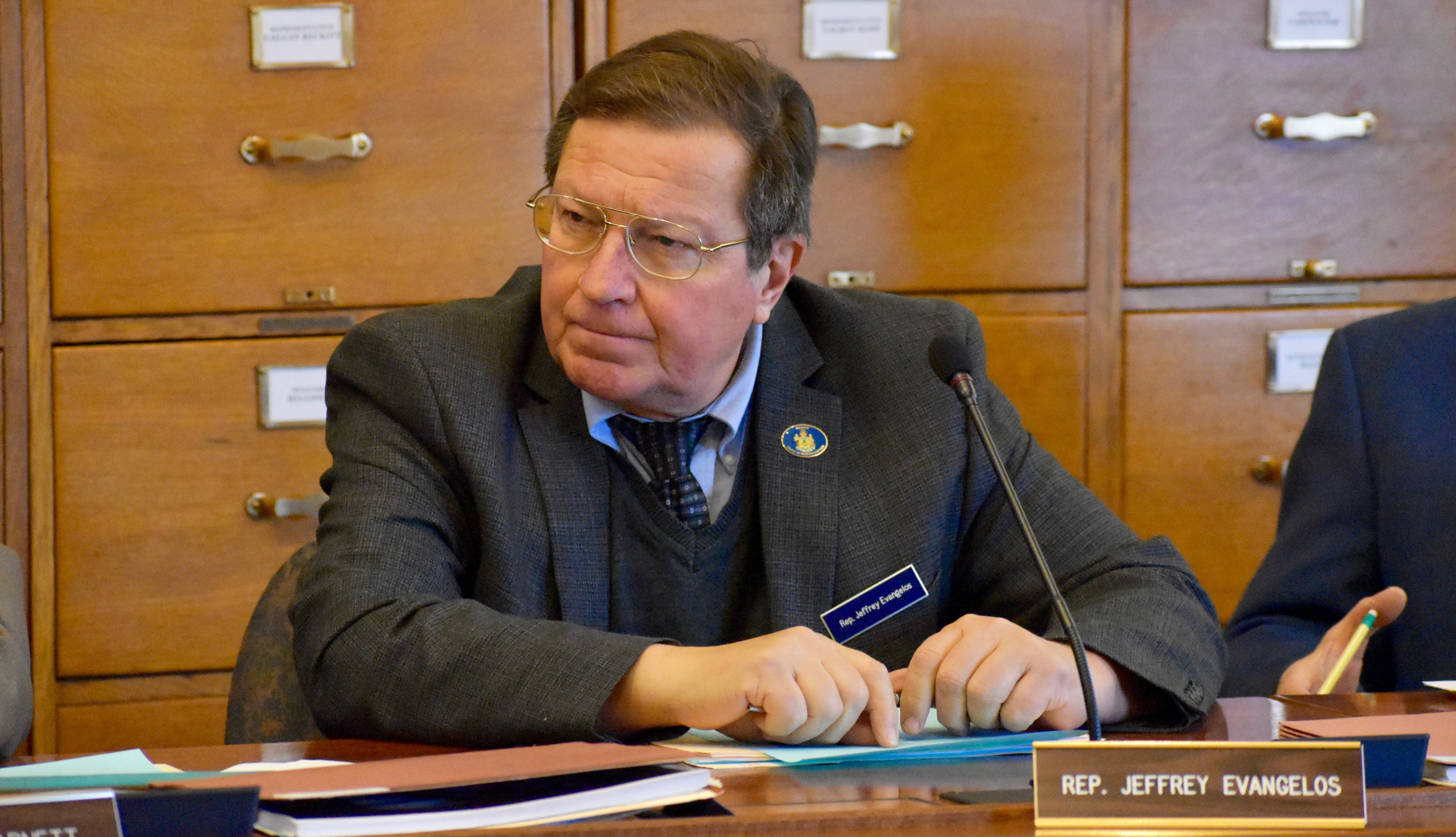Maine’s nine-member public defense commission unanimously selected a temporary director but won’t reveal who it is until the candidate accepts the position, likely early next week, Chairman Josh Tardy said during a meeting Friday.
The change in leadership at the Maine Commission on Indigent Legal Services, or MCILS, comes during a tumultuous time for the agency. Commissioners tabled a set of reforms on Monday and missed — for the second year in a row — a legislative deadline that would have ensured their proposal to enhance the qualifications of private attorneys who represent Maine’s poor would be reviewed by lawmakers this year.
A vacuum in leadership has existed for about a month since John Pelletier resigned effective Dec. 11, following criticism of his management and oversight of the agency during the prior decade.
MCILS “needs top-to-bottom reform,” said Gov. Janet Mills, a Democrat, through her spokeswoman on Thursday.
Mills again called on the commission to audit excessive payments highlighted in recent government reports, and overhaul its billing practices and computer software. Mills has also asked the commission to select attorneys, who are paid by the state, based on the quality of their representation and eliminate those who are unqualified or not in good standing with the bar, said Lindsay Crete, communications director for Mills.
But, Mills did not provide new money to implement these changes in the $8.4 billion two-year budget she submitted to the Legislature on Friday. The budget for MCILS is currently set to be $17.6 million a year.
During a Democratic caucus meeting after a budget briefing Friday, Rep. Barbara Cardone (D-Bangor) said she was concerned about the state’s ability to meet its constitutional duty to provide quality representation for indigent defendants and fix known problems without new funding. There was no general consensus on the funding issue among Democrats, she said.

“If it’s a broken system, it seems to me you’ve got to fund the changes to fix it. I realize the governor has a lot of competing needs and issues that need to be addressed so I don’t want to condemn her failure to fund these programs,” Cardone said. “It’s a broken system, so we’ve got to start repairing it and replacing it and that’s going to take money.”
Cardone, an attorney, is the lead sponsor — for the third time — of a bill that would enable lawmakers to implement recommendations made by national public defense experts with the Sixth Amendment Center in an April 2019 report. Lawmakers paid over $100,000 for the report but have not implemented key changes — removing MCILS from fee collection and establishing public defender offices — in the 21 months since the report was released.
Work that began on Cardone’s bill last session was derailed when commissioners missed a deadline to recommend reforms and the coronavirus pandemic shut down the statehouse in March 2020.
Cardone is no longer a member of the Judiciary Committee, instead assigned to the Appropriations and Financial Affairs Committee. She plans to closely watch funding for public defense and will defer to current members of the Judiciary Committee to set the funding priorities, she said.
Rep. Jeffrey Evangelos (I-Friendship), who serves on the Judiciary Committee, submitted a bill to transfer some powers to investigate and remove attorneys from the executive director to the commission members, who are appointed by the governor with input from the Legislature, chief justice and Maine State Bar.
The goal of the legislation is “to have a better balance” of power between the executive director and appointed members, Evangelos said.

Commissioners currently don’t have the authority to remove an MCILS attorney reported for misconduct. Commissioners may only review appeals submitted by an attorney after the executive director has determined they should be removed. They cannot review decisions where the director declined to remove the attorney.
Evangelos filed a complaint with Pelletier, the former director, in November 2019 against Mary Kellett Gray, a former Hancock County assistant district attorney suspended for prosecutorial misconduct who was later hired by MCILS. Evangelos’ complaint languished for a year. Pelletier sent his decision not to remove Gray at 3:16 p.m. on his final day, after announcing his resignation in November 2020.
In his decision, Pelletier wrote that he was aware of Gray’s misconduct. He disputed several of the allegations Evangelos made against Gray and said her work with MCILS showed she was a “conscientious advocate,” according to a copy of the response. Evangelos sought to appeal the decision but was told the commissioners do not have authority to review it, he said.
Pelletier routinely allowed attorneys sanctioned for professional misconduct or convicted of crimes to defend poor defendants on the state’s behalf, an investigation by The Maine Monitor and ProPublica found in October 2020. A lawyer convicted of possessing child pornography, who amassed a collection of over 12,000 pornographic videos, works on appeals for the state, and an attorney who repeatedly made unwanted solicitations for sex toward a court-appointed client was not banned from the MCILS roster.
Tina Nadeau, a Portland attorney, cautioned that the commissioners were wading into “murky” waters by trying to have a role in making disciplinary decisions and managing their own appeals.
“The more that the commission takes on the role of adjudicator, they’re foregoing their role as the appellate body by which they can have oversight over what the executive director actually does,” Nadeau said Friday.
“So you guys want to get your hands dirty? That’s fine. But you’ve got to think about the process as far as, how are people going to be able to challenge the decisions made by the commission?” she added.
Gray remained eligible for appointments to criminal cases as of December 2020, according to MCILS records.
Evangelos said the legislation, once drafted, will add public transparency to the attorney discipline process at MCILS by allowing the attorney and the person recommending removal to present testimony in front of the commission.
“You can’t have just one person doing this and the commission being left in the dark,” Evangelos said.








